From Norse Mythology’s trickster god to Marvel’s contemporary antihero, the character of Loki has undergone a transformative journey, captivating audiences for centuries. Delving into the heart of this enigmatic figure, we explore Loki’s evolution from ancient mythological roots to his prominence in popular culture through MCU and the acclaimed Loki TV series. With a penchant for chaos and a desire to challenge the status quo, Loki remains a metaphor for change, embracing the unpredictability of transitions, and serving as a beloved antihero with complex depths that resonate with audiences worldwide.
Loki – The Shapeshifting Mischief Maker of Norse Mythology
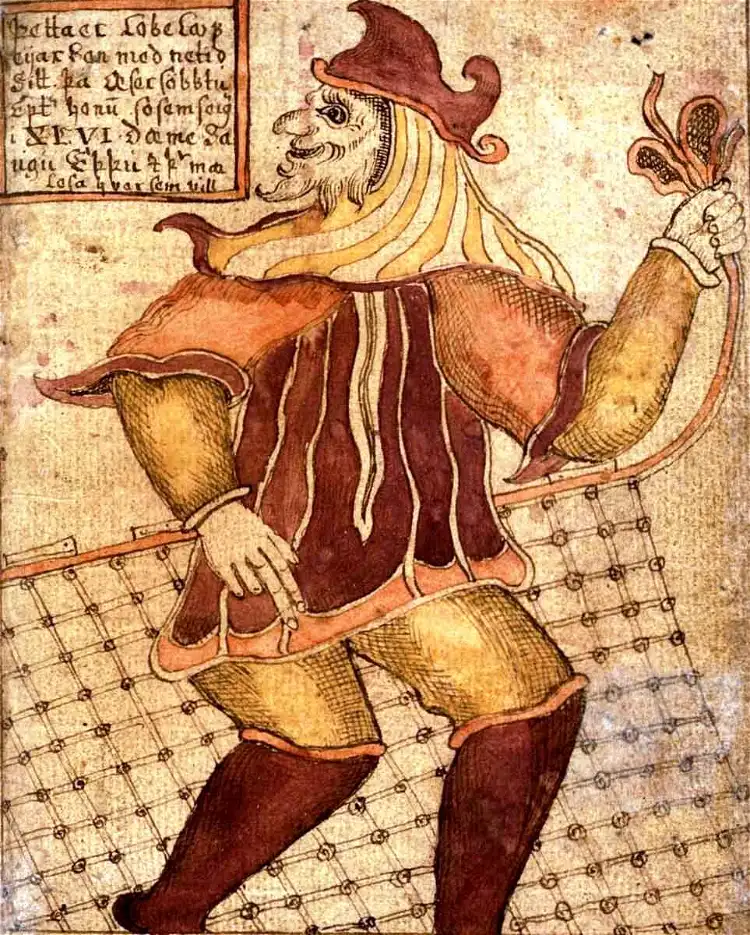
In the annals of Norse Mythology, Loki emerges as a multifaceted character, intriguing scholars and readers alike. He is portrayed as a cunning, quick-mouthed trickster, a troublemaker who defies moral order, and a descendant of giants despite his godly status. Loki’s ambiguous loyalty and penchant for causing chaos make him an ever-present antagonist, challenging the gods and the established societal norms. This rebellion against the divine society underscores a sociological tension between power centers and marginalized individuals. Loki’s desire to bring about the end of the world reflects a complex psychological representation of individual and societal transformation.
Loki’s Deeper Meaning – A Metaphor for Embracing Change
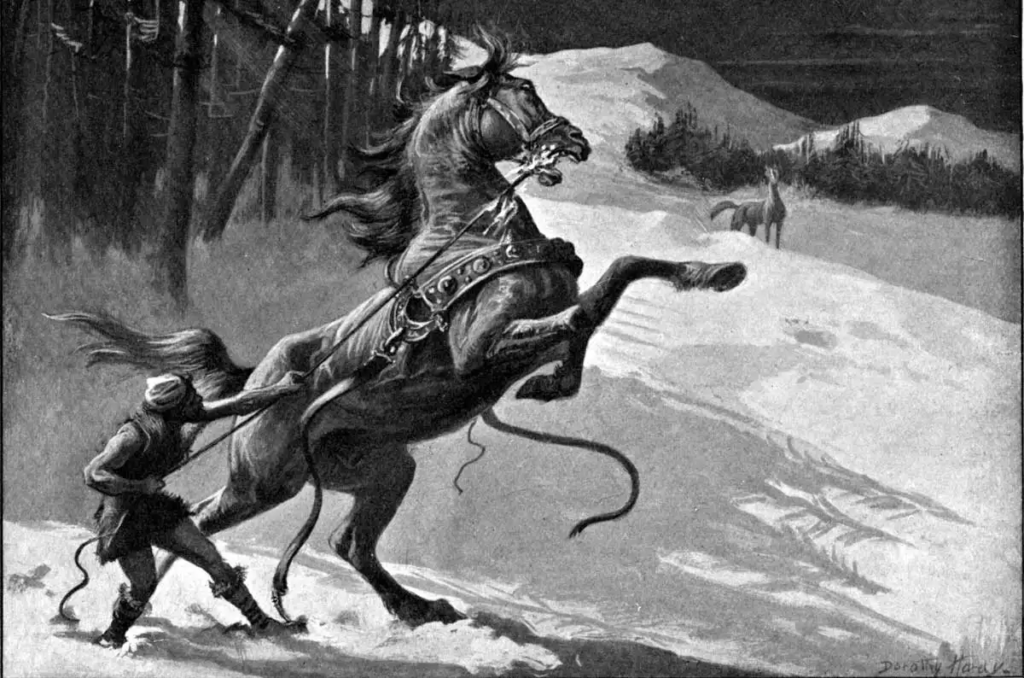
Amidst Loki’s disruptive demeanor lies a profound metaphor symbolizing change and transformation. By testing boundaries and challenging systems, Loki exemplifies the unpredictability of change and the importance of managing it. The inevitability of Ragnarok, the end of the system, is a stark reminder that civilizations must embrace change to survive. Loki, the trickster god, teaches valuable lessons about the dangers of cultural regression and stagnation, urging individuals to embrace change and evolve.
Loki’s Evolution in Pop Culture – From Mythology to Marvel
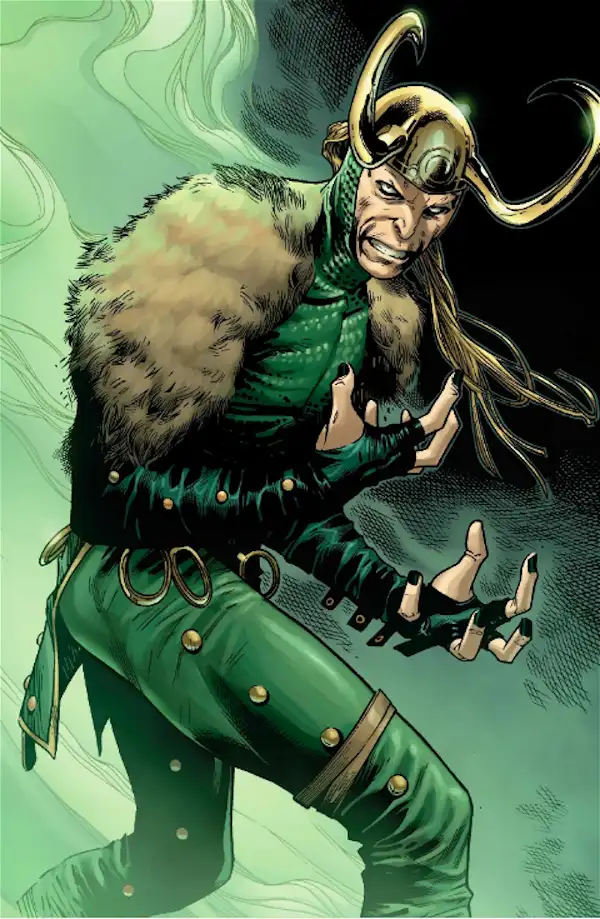
Loki’s legacy extends beyond Norse Mythology, finding its place in various cultural representations. From being depicted as a dark-haired Semitic fifth columnist in the 19th century to a powerful Norse figure in Wagner’s Ring of the Nibelung, Loki’s character gradually transformed. In America’s Marvel comics, Loki Laufeyson emerges as the Asgardian God of Mischief, adopting the roles of supervillain and antihero. This transition sets the stage for Loki’s rise to stardom in the Marvel Cinematic Universe (MCU), where Tom Hiddleston’s portrayal captivates audiences worldwide.
Unraveling Loki’s Charm – The Enigmatic Antihero Loved by All
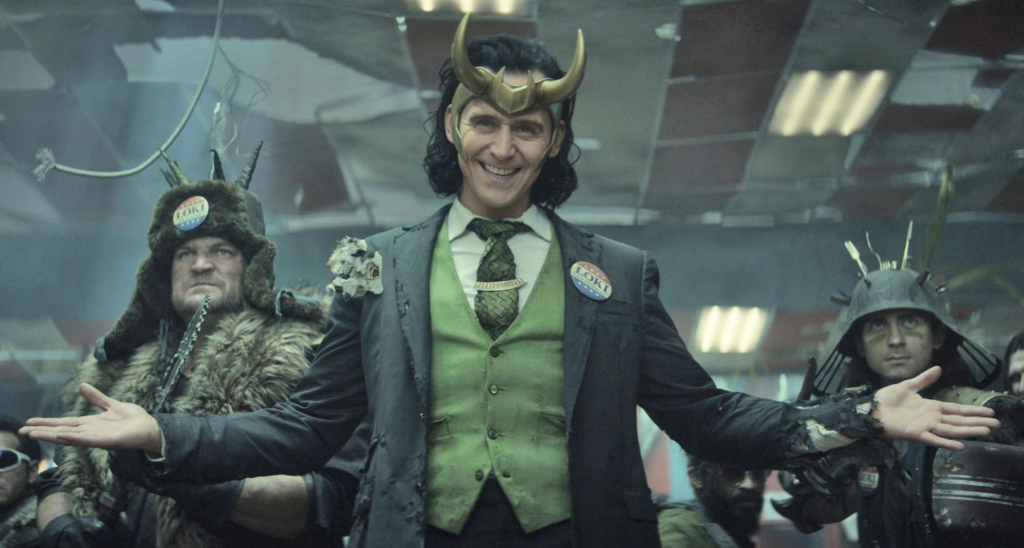
Over the years, Loki’s character has won hearts, surpassing even the popularity of some heroes in the MCU. Despite his villainous actions, audiences find themselves drawn to Loki’s charm, wit, and vulnerability. Tom Hiddleston’s exceptional portrayal adds depth to Loki’s multifaceted persona, making him a fan favorite. Loki’s endearing qualities, coupled with his constant attempts to redeem himself, have earned him a devoted fan base that forgives his transgressions and continues to root for his journey of self-discovery.
Behind the Mask – Tom Hiddleston’s Journey as MCU’s Loki

Tom Hiddleston’s portrayal of Loki has become synonymous with the character, elevating him to iconic status within the MCU. The actor’s commitment to the role and his ability to embody the trickster god’s complexities have endeared him to audiences globally. Hiddleston’s captivating performance earned him his own series, “Loki,” in which he further explores the character’s emotional depth and complexities.
Loki TV Series – A Time-Bending Adventure of Self-Discovery
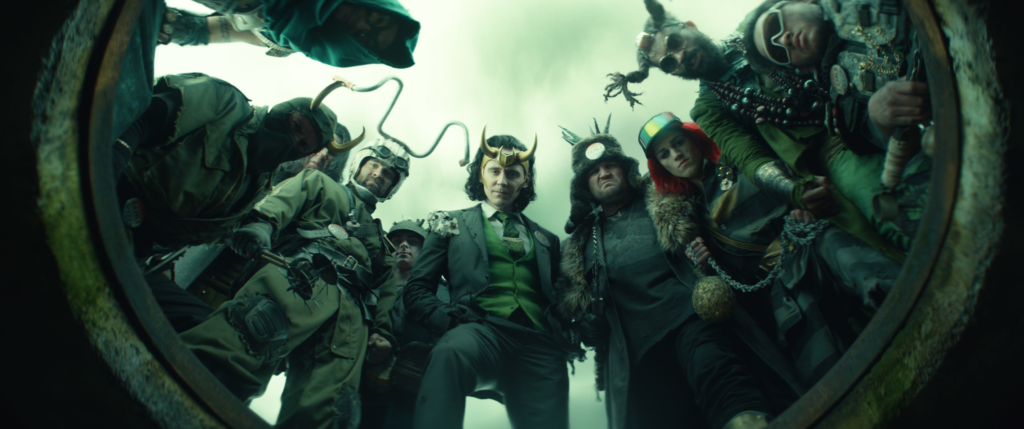
Marvel’s “Loki” series takes audiences on a time-bending adventure, picking up from the events of “Avengers: Endgame.” Loki’s encounter with the Time Variance Authority (TVA) propels him into a journey of self-discovery and redemption. As Loki grapples with philosophical questions about free will and the nature of identity, the series uncovers the layers of the god of mischief’s character, transitioning him from a trickster villain to an emotional and vulnerable antihero. Embracing themes of self-acceptance and self-love, Loki forms meaningful connections with characters like Mobius and Sylvie.
Sylvie – The Female Variant Who Challenges Loki’s Identity
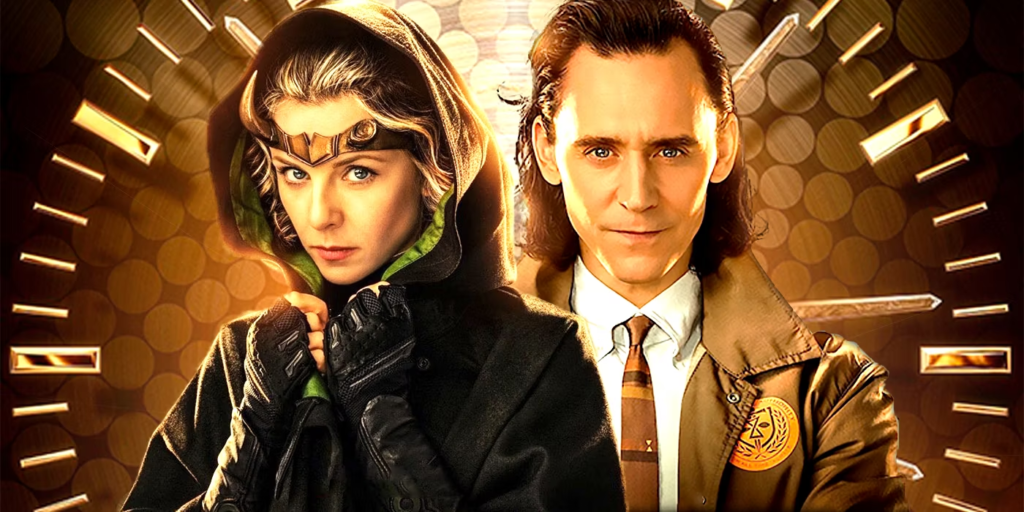
In the Loki TV series, one of the notable variants is Sylvie, a female version inspired by Sylvie Lushton and Lady Loki from the Marvel comics. Sylvie plays a pivotal role in Loki’s character development, challenging his perspectives and forcing him to confront his inner demons. Their relationship becomes a unique exploration of self-love, as they grapple with their identities and form a connection that transcends time and space.
Loki’s Enduring Legacy – A Character Transcending Time and Genre
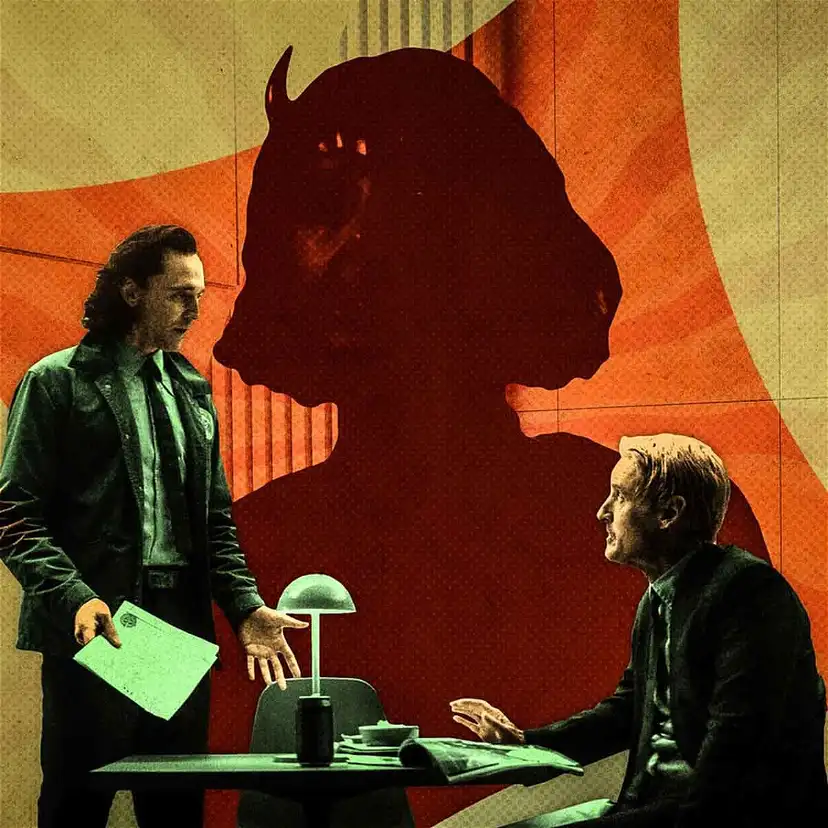
Loki’s enduring appeal spans centuries, leaving an indelible mark in both mythology and modern popular culture. As a symbol of change and acceptance, Loki’s character continues to resonate with audiences globally. Whether through ancient mythological narratives or modern cinematic portrayals, Loki’s journey of self-discovery, vulnerability, and charm continues to captivate the hearts of fans worldwide, making him an iconic and beloved figure that transcends time and genre. As Tom Hiddleston eloquently puts it, “Loki has been here for centuries and will be here for centuries more,” leaving us to marvel at the everlasting legacy of the god of mischief.
